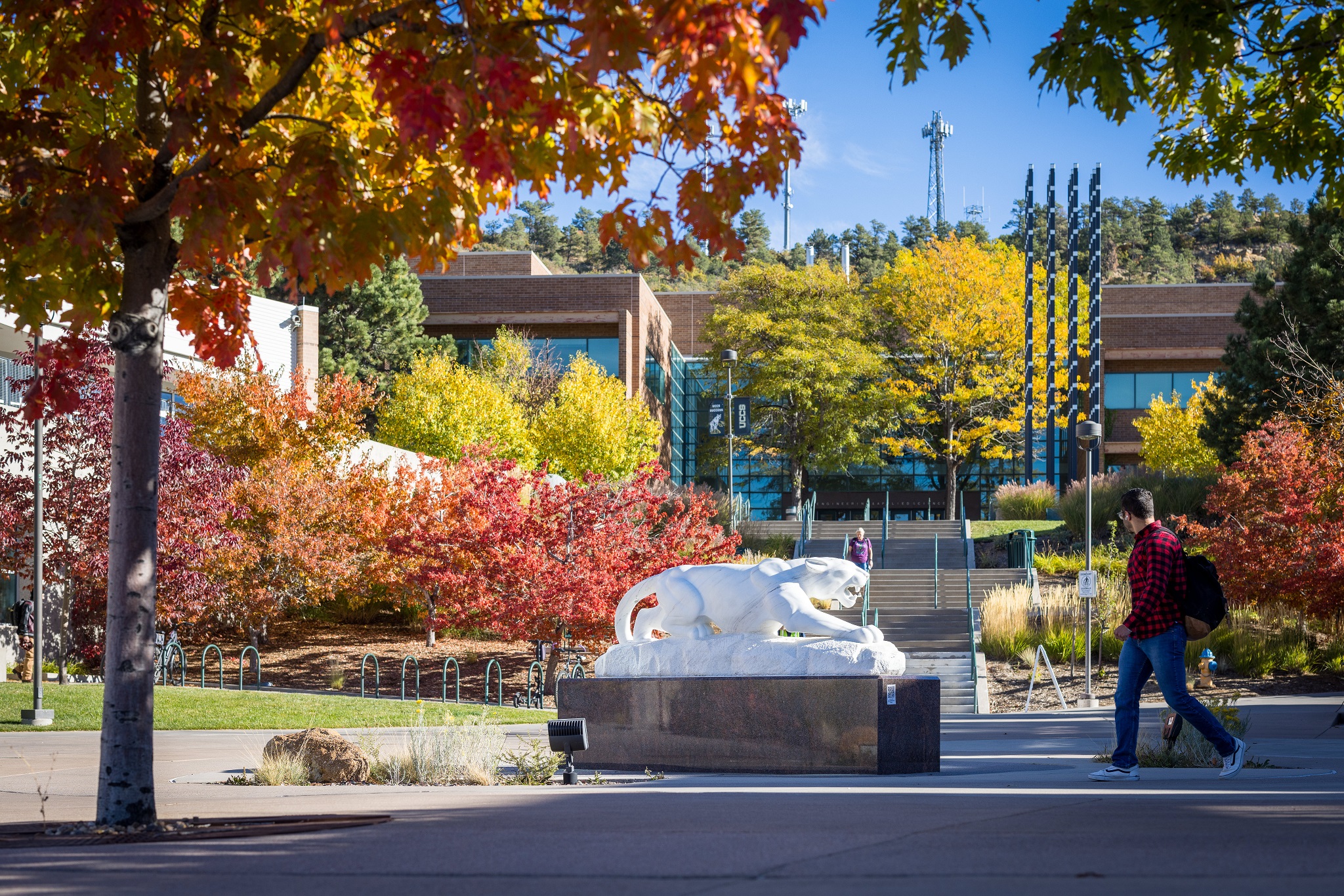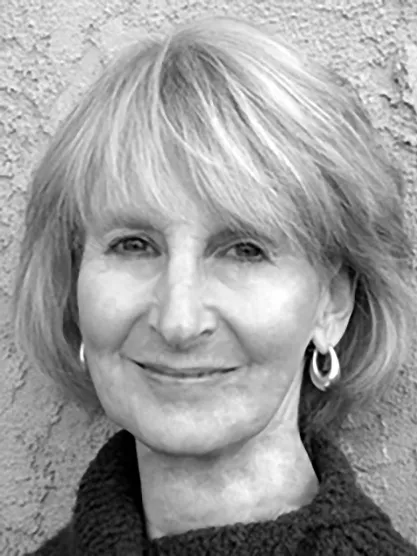

Edie L. Greene, Ph.D.
Professor Emerita PsychologyProfessional Summary
Dr. Greene was part of the UCCS Psychology Department from 1986-2021. She conducted research on how people remember legally-relevant information and make decisions about laws and legal policies. She mentored many undergraduate and graduate students in their research on these topics and has taught a variety of undergraduate and graduate courses in social psychology and psychology and law. She served as Director of the Psychology Honors Program (undergraduate) and the Psychological Science MA program as well as Department Chairperson.
Education
- Ph.D. Psychology and Law, University of Washington, 1983
- M.A. Human Experimental Psychology, University of Colorado Boulder, 1977
- B.A. Psychology, Stanford University, 1975
Areas of Interest
Legal decision-making, beliefs about causes and consequences of crime, eyewitness memory, psychological issues in elder law
Professional Experience
Professor Greene has co-authored six editions of a leading textbook in psychology and law, Psychology and the Legal System, published by Cengage Learning. She is also co-author of Determining Damages: The Psychology of Jury Awards, published by the American Psychological Association, and The Jury Under Fire: Myth, Controversy, and Reform, published by Oxford University Press.
Dr. Greene makes presentations on psychological aspects of the legal system to judges and attorneys, consults with attorneys on issues related to eyewitness memory and jury decision making, and has served as expert witness in state, federal, and military courts.
She has been a Fellow in Law and Psychology at Harvard Law School, faculty member of the National Judicial College, and Visiting Scholar at John Jay College of Criminal Justice, City University of New York and at Victoria University of Wellington (New Zealand). She served in many capacities, including President, for her professional organization, the American Psychology-Law Society.
Representative Publications
- Heilbrun, K., & Greene, E. (2019). Psychology and law. In D. Dunn (Ed.), Oxford Bibliographies in Psychology. New York: Oxford University Press.
- Wylie, L., Knutson, A., & Greene, E. (2018). Extraordinary and compelling: The use of compassionate release laws in the United States. Psychology, Public Policy, and Law, 24, 216-234.
- Gordon, N., & Greene, E. (2018). Nature, nurture, and capital punishment: How evidence of a genetic-environment interaction, future dangerousness, and deliberation affect sentencing decisions. Behavioral Sciences and the Law, 36, 65-83.
- Greene, E., Duke, L., & Woody, W.D. (2017). Stereotypes influence beliefs about transfer and sentencing of juvenile offenders. Psychology, Crime, and Law.
- Greene, E., Sturm, K.A., & Evelo, A.J. (2016). Affective forecasting about hedonic loss and adaptation: Implications for damage awards. Law and Human Behavior, 40, 244-256.
- Greene, E., & Heilbrun, K. (2016). Undergraduate education in psychology and law. In C. W. Esqueda & B.H. Bornstein (Eds.), The witness stand and Lawrence S. Wrightsman, Jr. New York: Springer-Verlag.
- Greene, E., & Evelo, A.J. (2015). Cops and robbers (and eyewitnesses): A comparison of lineup administration by robbery detectives in the U.S. and Canada. Psychology, Crime and Law, 21, 297-313.
- Greene, E., & Bornstein, B. (2013). Nudging the justice system toward better decisions. Journal of Criminal Law and Criminology, 103, 1155-1170.
- Evelo, A.J., & Greene, E. (2013). Judgments about felony murder in hindsight. Applied Cognitive Psychology, 27, 277-285.
- Greene, E., & Evelo, A.J. (2013). Attitudes regarding life sentences for juvenile offenders. Law and Human Behavior, 37, 276-289.
Research
Professor Greene's research focuses on how jurors, juries, judges, witnesses, attorneys, and lawmakers think, remember, and make decisions, and whether they do so in ways that are accurate and legally appropriate. She is also interested in what the public believes about the law and how their beliefs affect decisions. She and her students use concepts in social and cognitive psychology and in criminal and tort law to explore these topics. Her work has been funded by the National Science Foundation, American Bar Association, National Institute of Justice, and the American Psychology-Law Society.
Honors & Awards
- Outstanding Research Award for the College of Letters, Arts and Sciences, 1999
- Society for the Psychological Study of Social Issues (APA Division 9), Fellow status, 2000
- Outstanding Research Award for the UCCS Campus, 2001
- American Psychology-Law Society, Fellow status, 2001
- Association for Psychological Science, Fellow status, 2006
- American Psychology-Law Society Award for Outstanding Teaching and Mentoring in Psychology and Law, 2008
- Chancellor's Award for the UCCS Campus, 2009
Organizations
- Association for Psychological Science
- American Psychology-Law Society (APA Division 41; Past-President)
Representative & Recent Service/Leadership Roles
- UCCS Psychology Department Director of Psychological Science Training, 2014-2019
- UCCS Psychology Department Director of Undergraduate Honors Program, 2004-2011; 2014-Present
- UCCS Psychology Department Chairperson, 2011-2014
- UCCS Psychology Department Director of Graduate Sub-plan in Psychology and Law, 2008-2019
- UCCS Legal Studies Center Member, 2005-2019
- UCCS Faculty advisor, Mock trial teams, 2014-2019
- Behavioral Sciences and the Law, Member of editorial board, 2017-present
- Law and Human Behavior, Member of editorial board, 1990-2019
- Psychology, Public Policy and Law, Member of editorial board, 2001-2012
- American Psychology-Law Society, Member of Executive Committee, 1998-2004; President, 2004-2005;
- Member of Teaching and Careers Committee, Fellows Committee, Mentoring Committee, Outreach Training Committee, Awards Committees, and various working groups